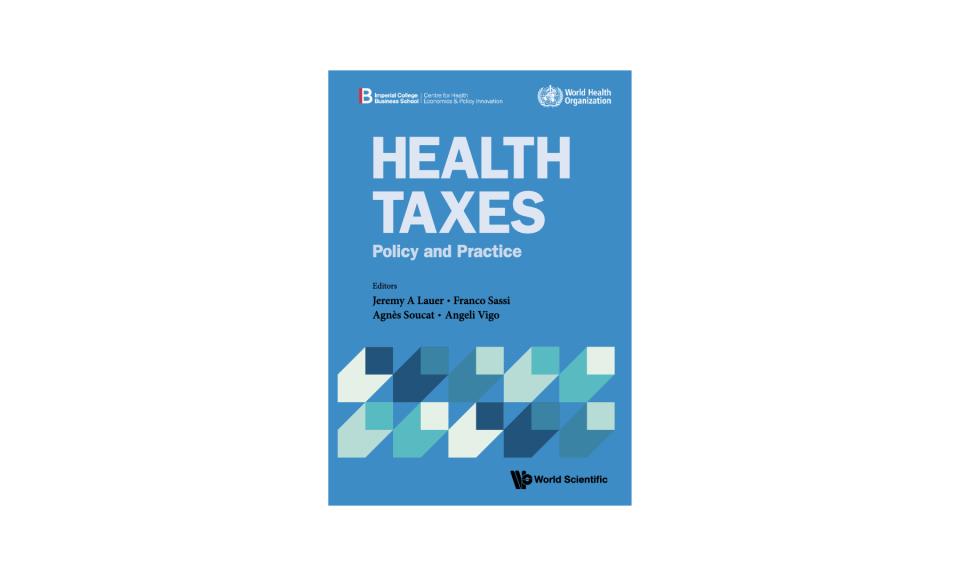
This book is the result of knowledge exchange between the staff of the World Health Organization (WHO) and a multidisciplinary team of researchers and policymakers. Its purpose is to bring sharper focus to the subject of health taxes, and to expose its various facets in turn. Health Taxes aims to enumerate the key health taxes of interest, explore their positive and negative effects, and how these effects are influenced by the design of these taxes and the context in which they are applied. We ask how and where they can be implemented. Critically, we build an argument for why policymakers across government should care about health taxes throughout the book.
Virtually all fiscal measures influence people’s health, through their impacts on behaviour, consumption, income and wealth. A narrow subset of fiscal measures, however, can be more directly aimed at improving health by targeting behaviours and risks that are known to be strongly associated with health outcomes. Some of these measures, which we define as “health taxes”, have existed for a long time, although only in recent years have they been consistently framed as means of improving the health of individuals and populations. In recent years, we have seen a considerable change in government attitudes towards the taxation of products with adverse health impacts, and the health rationale has increasingly taken centre stage. Thus, taxes often discussed in the past as ‘sin taxes’, based on a narrative focused on individual responsibility for unhealthy and socially stigmatised consumption, have been embraced and rebranded as health taxes that have broad individual and societal benefits.
Structure
I. Introduction
II. The place for health taxes in the wider fiscal system
III. Protecting and promoting health through taxation: evidence and gaps
IV. Supply-side responses to health taxes
IVa. The UK Soft Drinks Industry Levy as an incentive for beverage reformulation
V. The labour market impact of health taxes
VI. Impacts of health taxes on the attainment of the SDGs
VII. New horizons for health taxes
VIII. The design of effective health taxes
VIIIa. Ilicit trade
IX. Public governance and financing, and earmarking health taxes
IXa. Managing the politics of earmarked health taxes
X. Monitoring and measuring health taxes
XI. Health taxes and trade law
XII. A political economy analysis of health taxes
XIIa. The role of civil society in tobacco tax reform in the Philippines
XIII. Conclusions